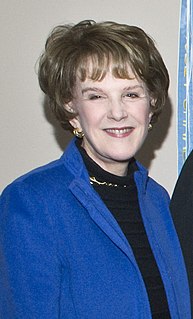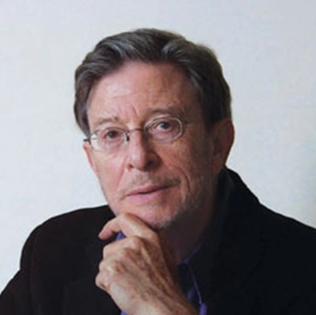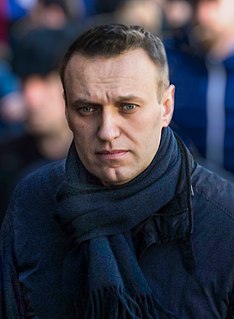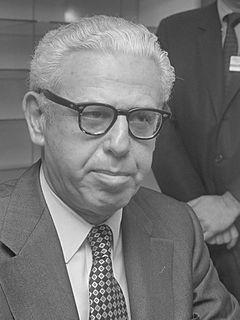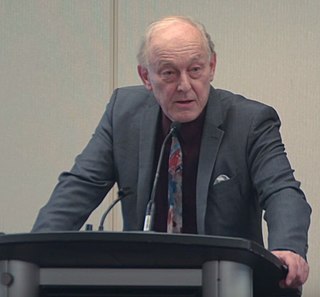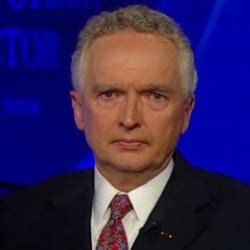A Quote by Fiona Hill
Indeed, for Russia, inconsistency is an integral part of its foreign policy strategy, particularly under Putin.
Related Quotes
Tillerson, at ExxonMobil, brokered multibillion-dollar deals with Russia, meeting with Putin multiple times. In 2013, he received the Order of Friendship award from Putin himself. But Tillerson today said he'd support continuing sanctions against Russia for now. He also implied his intimate knowledge of Russia meant he understood its strategy, and could anticipate its moves, to America's benefit.
People take the lazy way out, and do not regard Putin and the Kremlin as the real enemy. They create a long but erroneous chain in their heads. Putin is the leader of Russia. Putin does X, therefore Russia is doing X, and Russia is our enemy. And so, we introduce sanctions, for example, against Russia.
The thing that should most concern us is a shift in American foreign policy. We have had a bipartisan belief in American foreign policy based on the post-World War II institutions that believed in democratic global world, which Russia and the Soviet Union was often seen as hostile to. And most Republicans and Democrats have always basically believed in this world order. Donald Trump and Vladimir Putin and maybe Marine Le Pen do not agree with this basic structure of the world.
Hillary Clinton's Russian re-set policy gave Moscow permission to go from privately challenging U.S. foreign policy to publicly moving military hardware into Syria to prop up Bashar al-Assad and annexing Crimea from Ukraine. And Donald Trump seems to support the idea that Putin will be Putin. It's enough to leave America's allies confused.
Vladimir Putin doesn't really gain anything economically from annexation of Crimea. It's more a gain of power. It's a gain of what he can say to his home population about what he's accomplished as president. And so it's really much more an individual gain for Putin politically than for Russia as a state, because over the long term, Russia is not going to particularly benefit from this.




